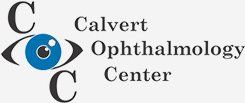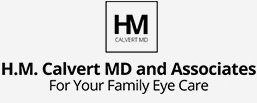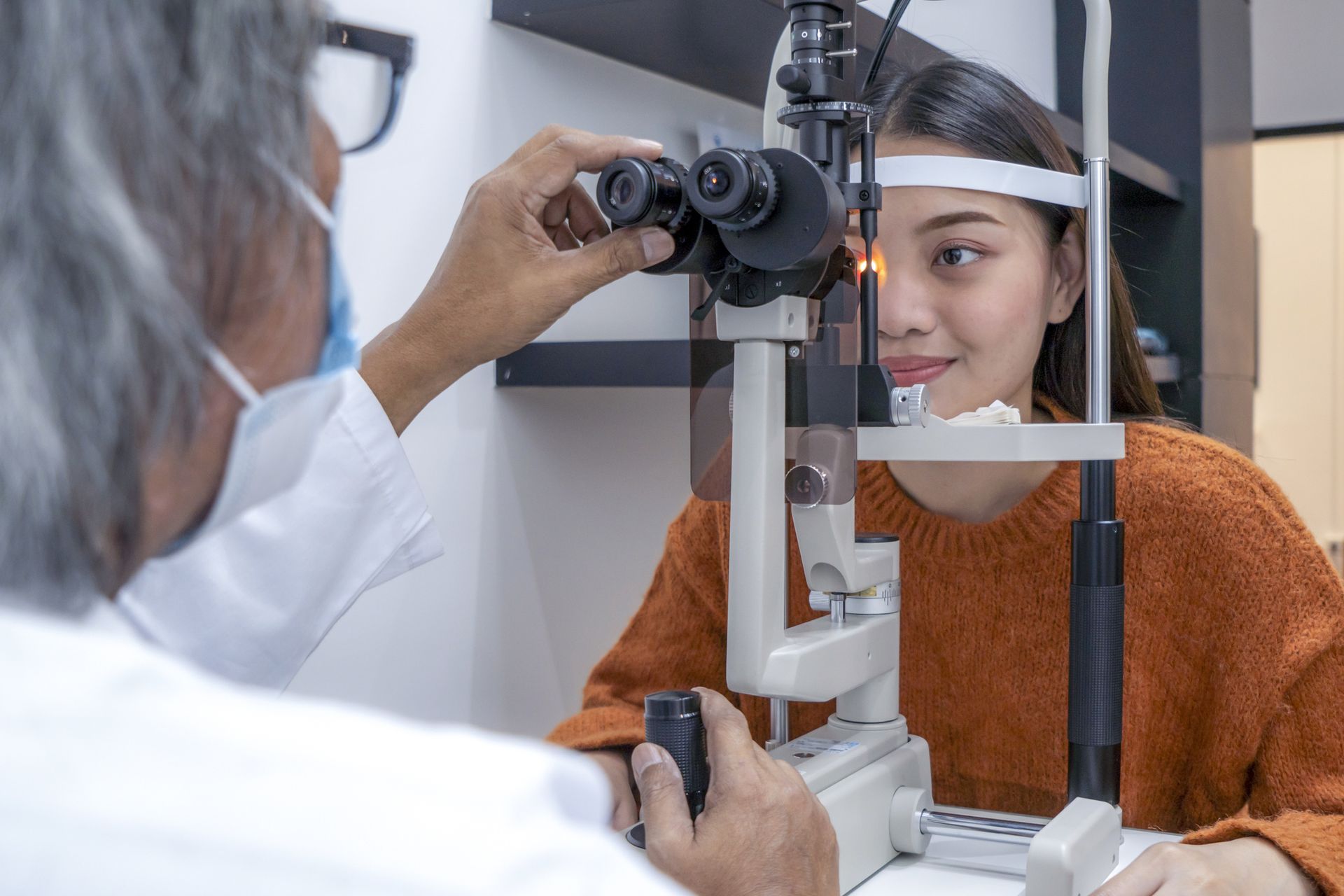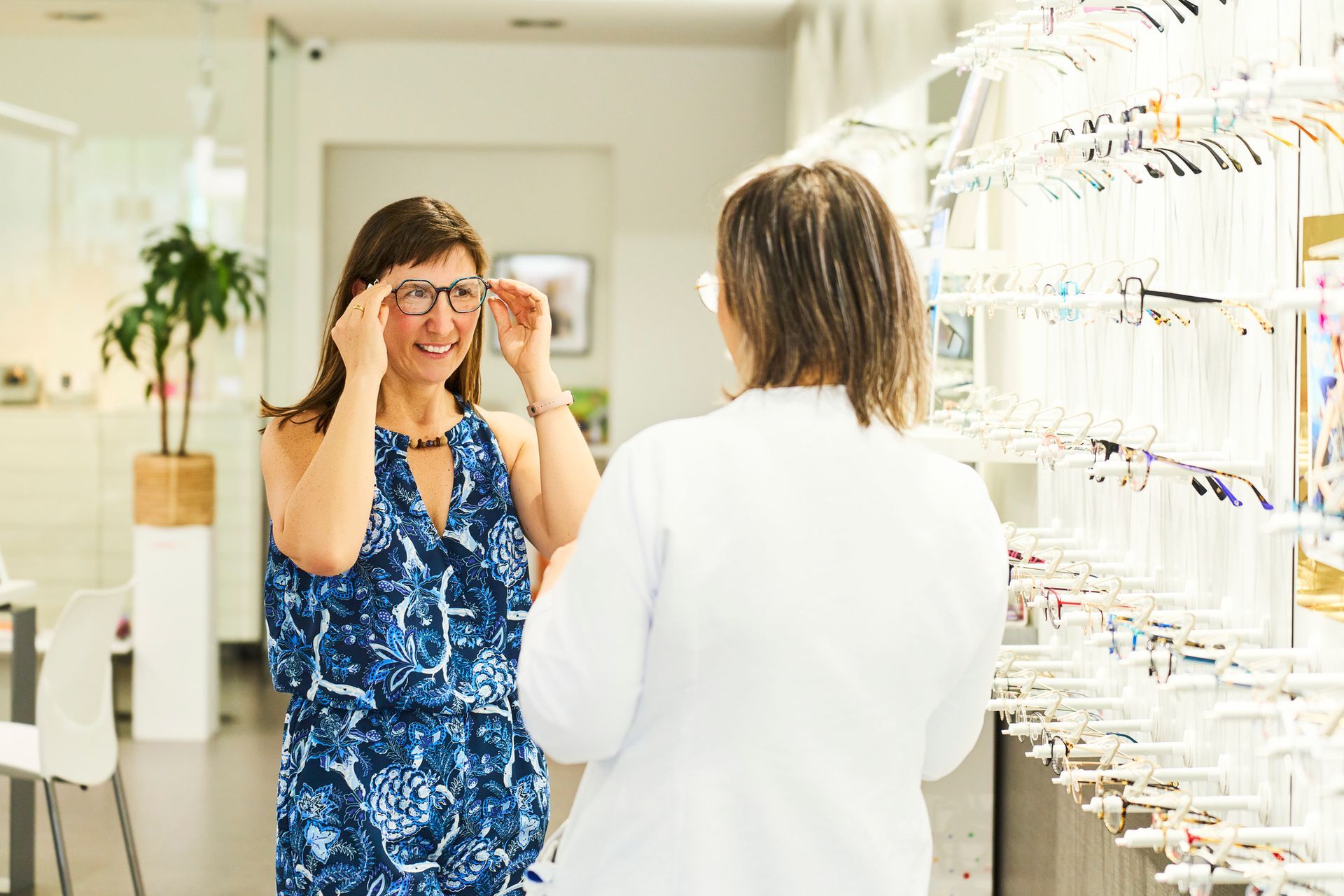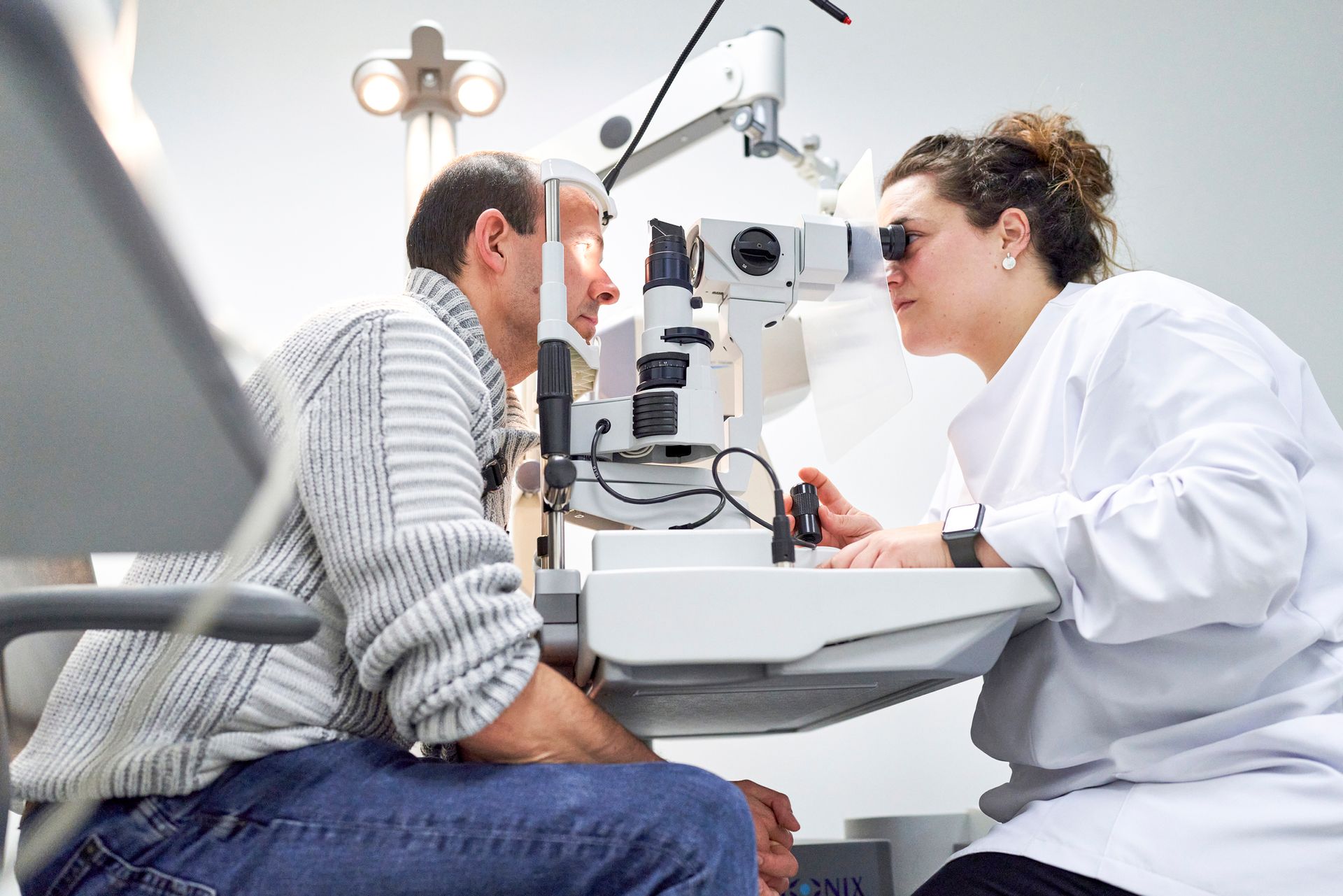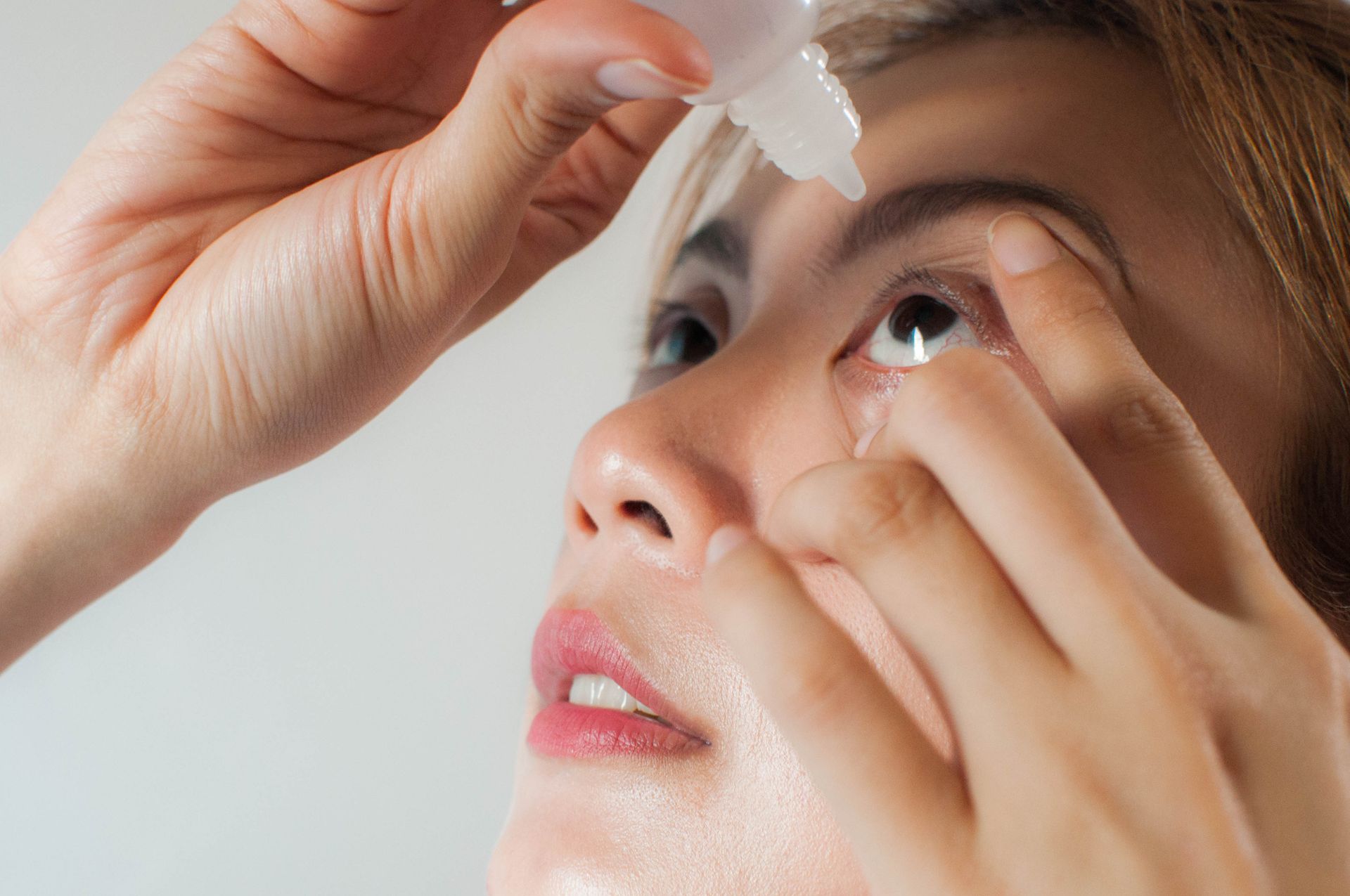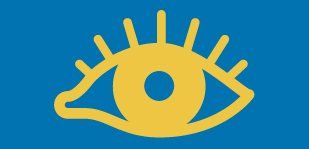Relief for Burning, Itching, Aching Dry Eyes
Approximately 4.8 millionpeople have dry eyes. While dry eyes can be caused by a variety of factors, including aging, some medications, certain medical conditions, allergies, and other environmental factors, the symptoms are often the same and equally frustrating for everyone who experiences them. Redness, light sensitivity, blurred vision, itching, burning, and aching can make for a very uncomfortable day.
Fortunately, you don't have to live with dry eyes. There are several treatments that may alleviate your symptoms.
Home Remedies
If you experience mild and/or intermittent symptoms of dry eye, you may be able to alleviate your symptoms with a few easy, all-natural home remedies. In addition to drinking plenty of water and taking frequent screen breaks, you may want to try placing warm compresses on your eyes for 10 minutes, twice a day. Doing so will increase the flow of fluid through your eyelid glands and improve the quality of your tears.
Taking vitamins may help too. Deficiencies of certain vitamins, such as vitamins A, B12, and D as well as Omega-3 fatty acids, have been linked with dry eyes. And don't forget to improve your environment. Use a humidifier and avoid drying cigarette smoke.
Artificial Tears
Over-the-counter artificial tears lubricate your eyes and provide immediate relief. However, not all artificial tears are created equal. Artificial tears that have a low viscosity provide very temporary relief, making frequent application necessary. Products with high viscosity provide better, longer-lasting lubrication, which means you may only have to apply them a couple of times per day. But they can make your vision a bit blurry for a few minutes after application.
Dry Eye Medications
When artificial tears are not enough, prescription medications can help. In addition to lubricating your eyes, medications reduce the inflammation associated with dry eyes. This will help your eyes feel better and work toward treating the underlying cause of dry eye syndrome. You see, inflammation makes it difficult for your eyes to produce natural tears. Getting rid of it will go a long way in allowing your eyes to naturally lubricate as they should.
Popular dry eye prescription medications include Restasis, Xiidra, and Lacrisert in addition to steroid eye drops.
Punctal Plugs
In some cases, dryness occurs when the tear film drains away and dries too quickly. At the corner of your eye, you have tear ducts and lacrimal glands. The latter is responsible for removing excess tears from the surface of your eyes. If they do so too quickly, you will experience dry eyes.
To prevent this issue, your ophthalmologist can place a lacrimal or punctal gland plug into the gland. The plug blocks the drainage of tears, allowing them the remain on the surface of the eye longer. Tears are then removed from the surface of the eye via evaporation.
Gland Expression
Sometimes, dry eyes are caused by the inadequate secretion of meibum oil from the meibomian glands, which are located at the base of your eyelashes. When this occurs, it's referred to as meibomian gland dysfunction, or MGD. If your glands are not working well due to a blockage, your eye doctor can express them, or remove the blockage.
The procedure involves placing warm compresses on your eyes to soften the blockage before manually squeezing the hardened oil and other debris from your glands with special forceps.
If you are tired of living with itching, burning, painful eyes, contact Calvert Ophthalmology Centertoday to make an appointment. Dry eyes can be treated. You don't have to continue to put up with the bothersome symptoms of dry eyes. And the best part? Treatment is often fairly quick and simple.